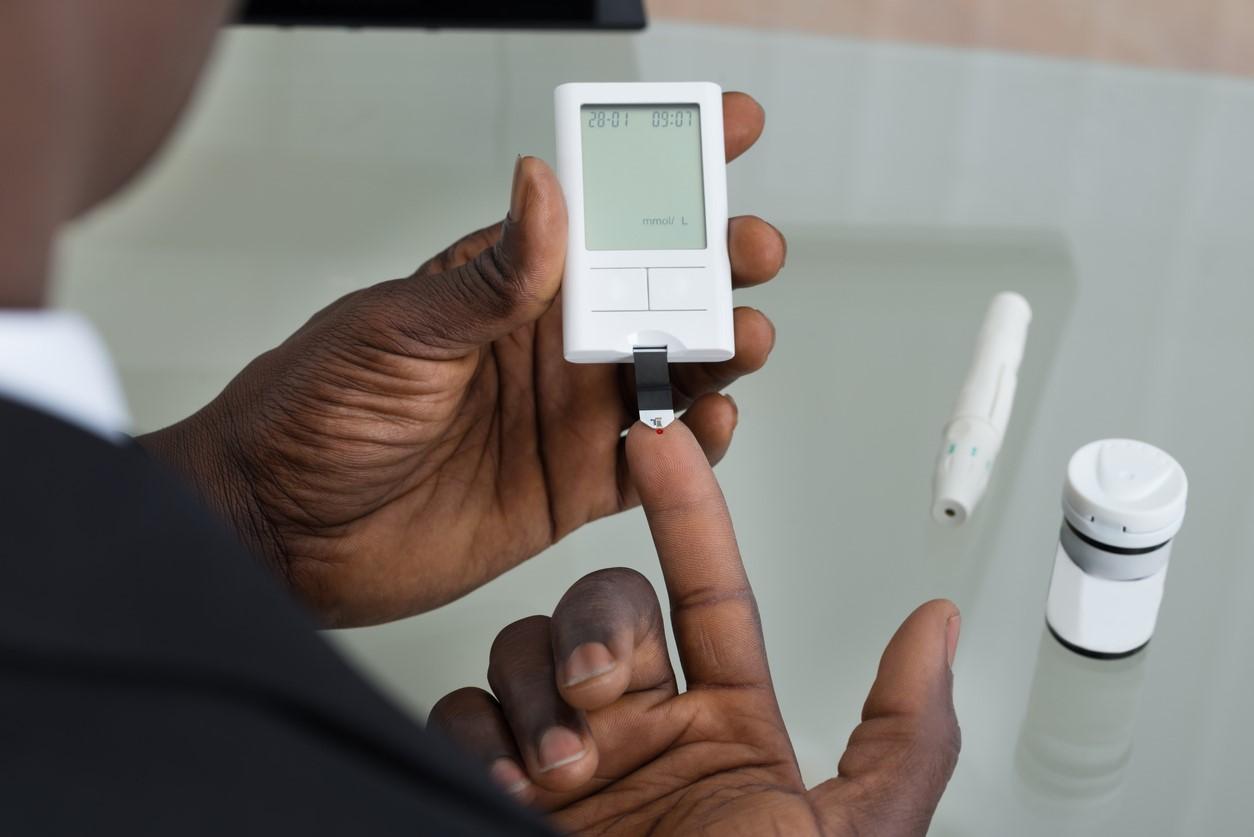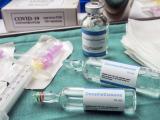A study of more than 600,000 people in British Columbia, Canada, links COVID-19 and a higher risk of diabetes more than 30 days after diagnosis, concluding that infection may have led to 3% to 5% excess diabetes cases.
For the study, published yesterday in JAMA Network Open, a team led by British Columbia Centre for Disease Control researchers evaluated the risk of new-onset insulin-dependent or non–insulin-dependent diabetes among 629,935 people tested for COVID-19 in 2020 and 2021.
Participants who tested positive for COVID-19 as part of the British Columbia COVID-19 Cohort were matched in a 1:4 ratio with those with negative test results. The median participant age was 32 years, 51.2% were women, 125,987 had COVID-19, and 503,948 did not. The median follow-up was 257 days.
Men, severely ill patients at higher risk
A total of 608 COVID-19 survivors (0.5%) were diagnosed as having new-onset diabetes, compared with 1,864 uninfected participants (0.4%). The rate of incident diabetes per 100,000 person-years was significantly higher in the COVID-positive group than in the COVID-negative group (672.2 vs 508.7 incidents).
The risk of new-onset diabetes was also elevated in the COVID-19 group (hazard ratio [HR], 1.17, or 17% higher), men (adjusted HR, 1.22), and those with severe infections admitted to an intensive care unit (HR, 3.29) or hospital (HR, 2.42). The proportion of COVID-attributable diabetes was 3.41% overall and 4.75% among men.
In a sensitivity analysis, 784 incident diabetes cases were classified as insulin-dependent, while 1,688 were typed as non–insulin-dependent. According to Cox proportional hazards modeling, COVID-19 was tied to the non–insulin-dependent type only (HR, 1.17), although the study authors said this finding could have been influenced by the relatively few insulin-dependent diabetes cases in the sample. A vaccine-stratified analysis showed a link between COVID-19 and diabetes among unvaccinated participants only.
"These findings suggest that COVID-19 infection may continue to be associated with outcomes in organ systems involved in regulating blood glucose in the postacute phase," the researchers wrote. "Disregarding the severity of COVID-19, we found that the association between SARS-CoV-2 infection and diabetes risk was significant only for males, which could be attributed to sex-specific immune responses, such as higher SARS-CoV-2 IgG antibody serum concentrations in females compared with males."
The researchers said that multiple factors may contribute to the association between COVID-19 and diabetes, including infection-related β-cell destruction affecting pancreatic insulin levels and chronic low-grade inflammation.
These findings suggest that COVID-19 infection may continue to be associated with outcomes in organ systems involved in regulating blood glucose in the postacute phase.
"Our study highlights the importance of health agencies and clinicians being aware of the potential long-term consequences of COVID-19 and monitoring people after COVID-19 infection for new-onset diabetes for timely diagnosis and treatment," they concluded.
Glucose monitoring of high-risk patients
In a related commentary, Pamela Davis, MD, PhD, and Rong Xu, PhD, both of Case Western Reserve University, said that if the 3% to 5% rise in diabetes cases is similar to that in the United States, it could result in a heavy financial burden.
"In 2017, the cost of diabetes care was estimated at $237 billion, not including lost productivity, so a 5% increase would cost an additional $12 billion per year," they wrote. "Now, 6 years later, the cost is probably much greater."
While the study authors assessed only adults, Davis and Xu also pointed out that US children also saw a higher rate of diabetes after COVID-19, so the increased costs will have even more time to accumulate in this age-group.
They suggested that an international diabetes-after-COVID registry and longer follow-up may help address lingering questions from the study, including whether the infection-related metabolic disturbance may resolve over time.
"Studies on larger numbers of patients could provide a profile of those most likely to be affected," they wrote. "In the short term, however, glucose monitoring of high-risk patients in the months following COVID-19 infection might provide early warning of hyperglycemic crisis and allow prospective management of diabetes as it develops.




















